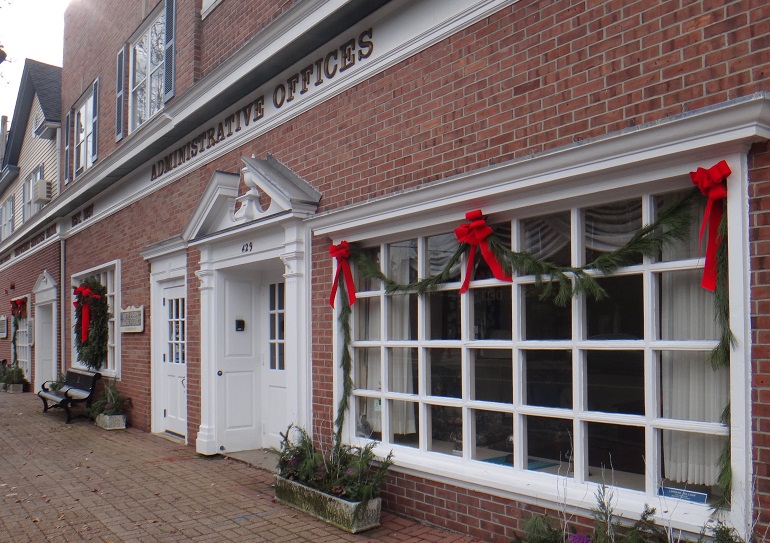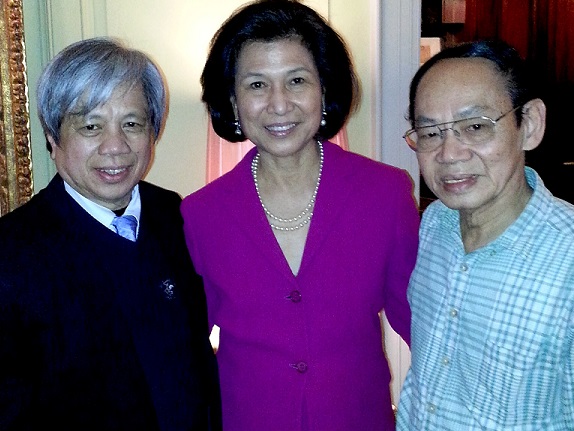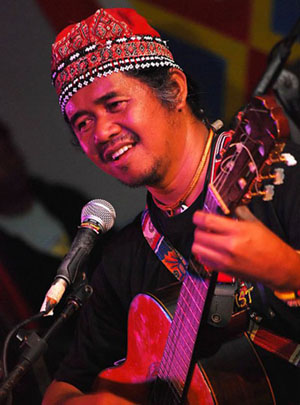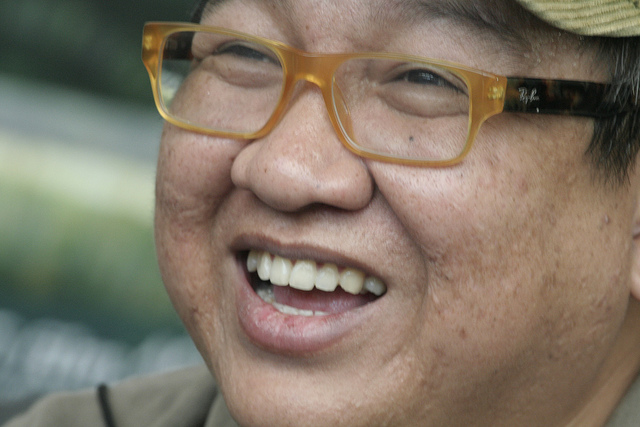Why protecting the Internet is our responsibility, too, as FilAms
By Ryan Gajudo Macasero
January 18 was Internet Freedom Day, a milestone for websites and netizens around the world.
Last year, many netizens showed their solidarity by protesting proposed legislation that would restrict our access to certain sites. They showed their anger by showing black screens in protest of the Stop Online Piracy Act (SOPA) and the Protect IP Act (PIPA). It was a day of awakening for many Americans who realized that freedom on the cyber frontier was not guaranteed.
I know what you’re thinking: “How does this relate to Filipino American news?” If you’re reading this online, then it totally relates to you. Let’s revisit the issue.
Senator Patrick Leahy (D-VT) sponsored the PIPA bill in March of 2011. The bill wants “enforcement against rogue websites operated and registered overseas.” In the House, the SOPA – which seeks to fight online trafficking in copyrighted intellectual property — was introduced by Representative Lamar Smith (R-TX) in October. Because of the avalanche of reaction, consideration of both bills was put on hold in Congress.
Wikipedia, a user-generated encyclopedia was one of dozens—and possibly the most popular— of prominent websites that reported its intent to go offline if the two bills passed.
“Imagine a world without free knowledge,” the site’s banner read. “For over a decade we have spent millions of hours building the largest encyclopedia in human history. Right now, the U.S. Congress is considering legislation that could fatally damage the free and open Internet. For 24 hours, to raise awareness, we are blacking out Wikipedia.”
If you’re like me, you marvel at the existence of these programs and applications, and the fact that we now live in a world where the answers to almost all of our everyday questions are readily available within seconds at the palm of our hands.
Imagine the year is 1993. It’s a sunny day in San Francisco and your family or friends from the Philippines have just arrived into town and asked you if you could show them around. You oblige and start off by taking them to the picturesque Embarcadero. Suddenly your guest sees an enamoring lighthouse protruding from the side of a hill. The Coit Tower becomes more visible as you head further north on the waterfront. Your guest points to the tower and asks you “what’s that?” But you have absolutely no idea. To find out the information at that time, you’d have to jot down ‘Coit Tower’ in your notes, go to the public library and research it later on.
Today, ‘Coit Tower’ becomes searchable in a matter of seconds. All because of online encyclopedia, like Wiki, and other search engines.
The time it takes for us to obtain and absorb information is so fast that we are now more able to empower ourselves to exchange knowledge and information more rapidly and frequently than ever before.
Although Google remained online on the day of the protest, they decided to instead black out their logo which linked to their statement of protest when someone clicked on it. Other sites like Craigslist and Reddit blacked out their U.S. sites for some time in the day. Opponents of the bills said the language in the bills is so ambiguous that the whole Internet could be liable for online piracy.
Supporters claimed the fears were unwarranted and that the negative perceptions of the bills were simply products of misinformation by various private Internet-based and technology companies. Cary H. Sherman, chief executive of the Recording Industry Association of America (RIAA), said in a New York Times editorial called “What Wikipedia Won’t Tell You” that Wikipedia, Google and others “manufactured the controversy by unfairly equating the SOPA with censorship.” He called them “hyperboles” and “mistruths.”
What Sherman didn’t mention is that the language of the proposed legislation was so broad that it would allow government to shut down an entire website that may contain links to possibly infringing content. The message was clear: America does not want its Internet to be controlled.
The bills may be in limbo for now, but the fight for the Internet is far from over
The Filipino community papers were mostly silent on the topic of Internet regulation around this time last year. But we must take advantage of the opportunity to add our voices to America’s netizenry, which we as ethnic journalists are very much a part of.
Almost every FilAm publication has a website or blog, and at least one social media account. No one with any online presence would have been spared from those laws; we are in danger too. These laws threaten the already difficult environment FilAm news organizations face, as well as the institution of ethnic and community journalism as a whole. The implication that if a reporter would like to use a single YouTube clip or post a link to something copyrighted on their story could result in a lawsuit is outrageous.
In the Philippines, a local version of the SOPA and PIPA, called the Cybercrime Act of 2012, passed last year. The controversy of that bill parallels the ambiguities of its American counterpart and takes the initiative of criminalizing online libel. The law has been called “draconian” and “oppressive” by the critics and analysts who highlight vague provisions over the authority to shut down websites. The cybercrime law is up for review by the Supreme Court of the Philippines.
For some FilAms and for many immigrants, the community papers may be their only source of news. Should we refrain from discussing the issue just because there are still no FilAms in the U.S. Congress who were able to vote? Is Aaron Swartz’s death irrelevant to the community because Reddit wasn’t founded by a Filipino?
There are an endless amount of ethnic publications that do a great job of covering the broader issues when they are happening, without regard as to whether a Filipino was present or involved, or not, and leads the discussion of the topic in ethnic media through the FilAm lens. But there are also tons more stories and voices out there that are not being told and heard.
Sex trafficking, child pornography, pirating and hacking are all Internet crimes that need to be dealt with, but it must be done in a way that respects the open and free Internet which recognizes its protection under the First Amendment.
“If we learned anything in January, it’s that Internet users have a voice and they’re going to make that voice heard,” the Electronic Frontier Foundation’s Julie Samuels has said.
She is right, and I’m with them. Staying engaged and vigilant is key to protecting the web. Ensuring a free and open cyberspace is our responsibility, too, as Filipino Americans.
Ryan Gajudo Macasero graduated from California State University, East Bay in 2010. He is a freelance reporter who contributes to various community and ethnic news sites, including Philippine News, Power ng Pinoy TV and The Patch. He was a 2012 nominee for the Plaridel Awards for Excellence in Filipino American Journalism. Ryan can be reached at macasero.rg@gmail.com.
———————————————————

The chocolate for anti-aging, weight loss and energy.
For more information, click here.
 FANTASIA FLORAL DESIGN for flower orders that will Impress that special person in your life this Valentine’s Day or for any occasion. Click here to order your Valentine gifts
FANTASIA FLORAL DESIGN for flower orders that will Impress that special person in your life this Valentine’s Day or for any occasion. Click here to order your Valentine gifts









